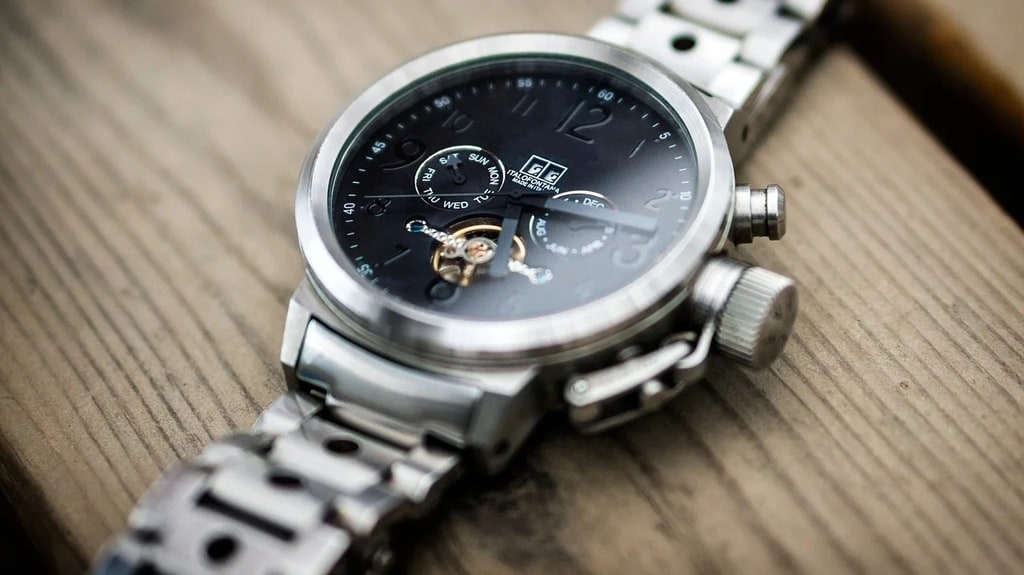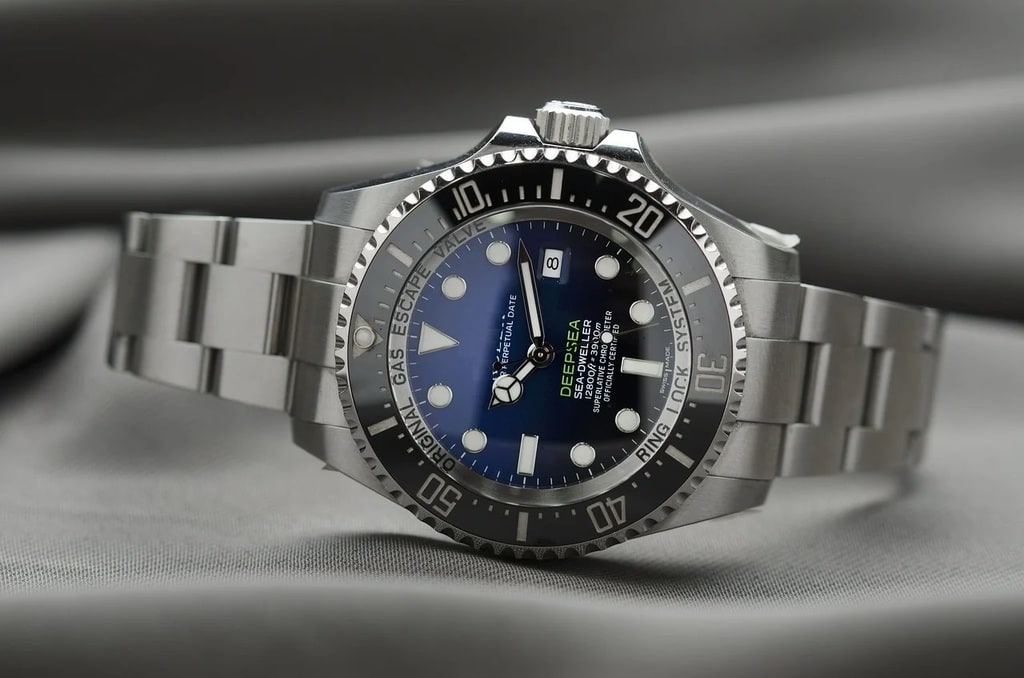Learning opportunities in horology

Horology, the study and measurement of time, is a field brimming with fascinating learning opportunities. From the intricate workings of mechanical watches to the precision of atomic clocks, horology offers a rich tapestry of knowledge for those intrigued by the passage of time. Whether one is a budding enthusiast or a seasoned expert, there is always something new to discover and master.
Exploring the Rich Learning Opportunities in Horology
Delving into horology provides a unique educational journey through history, science, and craftsmanship. This field is not just about understanding clocks and watches but also encompasses a broader appreciation of the technological and artistic advancements that have shaped timekeeping throughout the centuries.
One of the most compelling aspects of horology is its historical significance. From ancient sundials to the advanced atomic clocks of today, the evolution of timekeeping devices reflects human ingenuity and the desire to measure time accurately. Learning about the milestones in horological history offers insights into how societies have evolved and how technological progress has influenced the way we perceive and utilize time.
The Mechanics of Time
Understanding the mechanics of timekeeping devices is another fascinating area of study. Mechanical watches, in particular, are marvels of engineering, consisting of numerous tiny components working in harmony. Learning about these mechanisms involves studying gears, escapements, and balances, each playing a crucial role in maintaining accurate time.
For those interested in the technical side, studying the inner workings of a watch can be immensely rewarding. This involves understanding how different types of movements operate, such as automatic, manual, and quartz. Each type has its own set of complexities and requires a different skill set to master. By dissecting these movements, learners can appreciate the precision engineering that goes into crafting a reliable timepiece.

Materials and Craftsmanship
The materials used in horology are as diverse as the timepieces themselves. From traditional metals like gold and steel to innovative materials like silicon and ceramics, each component’s material can affect the performance and durability of a watch. Studying these materials involves exploring their properties, advantages, and the unique challenges they present during the manufacturing process.
Craftsmanship is another crucial aspect of horology. The art of watchmaking is a blend of science and art, requiring meticulous attention to detail and a deep understanding of both mechanical principles and aesthetic design. Learning about the techniques used by master watchmakers, such as hand-finishing and engraving, can provide a deeper appreciation for the skill and dedication involved in creating a high-quality timepiece.
Modern Innovations
Horology is not just about preserving traditional methods; it is also about embracing modern innovations. The advent of smartwatches and the integration of advanced technology into timekeeping devices have opened up new avenues for learning. These modern innovations require a different set of skills and knowledge, such as understanding digital interfaces, software integration, and electronic components.
Staying updated with the latest trends and advancements in horology can be both exciting and challenging. It involves continuous learning and adapting to new technologies while appreciating the timeless principles that underpin the field.
For those looking to expand their knowledge and skills in horology, here are some key areas to explore:
- Historical milestones: understanding the evolution of timekeeping devices.
- Mechanical movements: studying the intricate mechanisms of watches.
- Materials science: exploring the properties and applications of different materials.
- Craftsmanship techniques: learning traditional and modern watchmaking skills.
- Technological advancements: keeping abreast of innovations in smartwatches and electronic timekeeping.
Practical Applications
Applying the knowledge gained from studying horology can lead to various practical opportunities. For instance, understanding watch mechanics can be invaluable for those interested in repairing and restoring vintage timepieces. This requires not only technical skills but also patience and a keen eye for detail.
For collectors, knowledge of horology can enhance the experience of building and curating a collection. Understanding the historical context, mechanical intricacies, and craftsmanship of each piece can make collecting more meaningful and rewarding.
Moreover, horology offers educational opportunities in both formal and informal settings. Many institutions and workshops provide courses and hands-on training for those eager to deepen their knowledge. Engaging with a community of like-minded individuals can also provide valuable insights and support.
Continuing Your Journey in Horology
As one delves deeper into the world of horology, the opportunities for learning and growth are endless. The field offers a unique blend of history, science, and art, making it a fascinating area of study for anyone interested in the measurement of time. By exploring the diverse aspects of horology, individuals can gain a richer understanding of this timeless craft and its impact on our daily lives.
Whether you are a hobbyist, a professional, or simply curious about timekeeping, horology provides a rewarding and enriching educational journey. Embrace the learning opportunities it offers, and you will find yourself captivated by the intricate world of time.